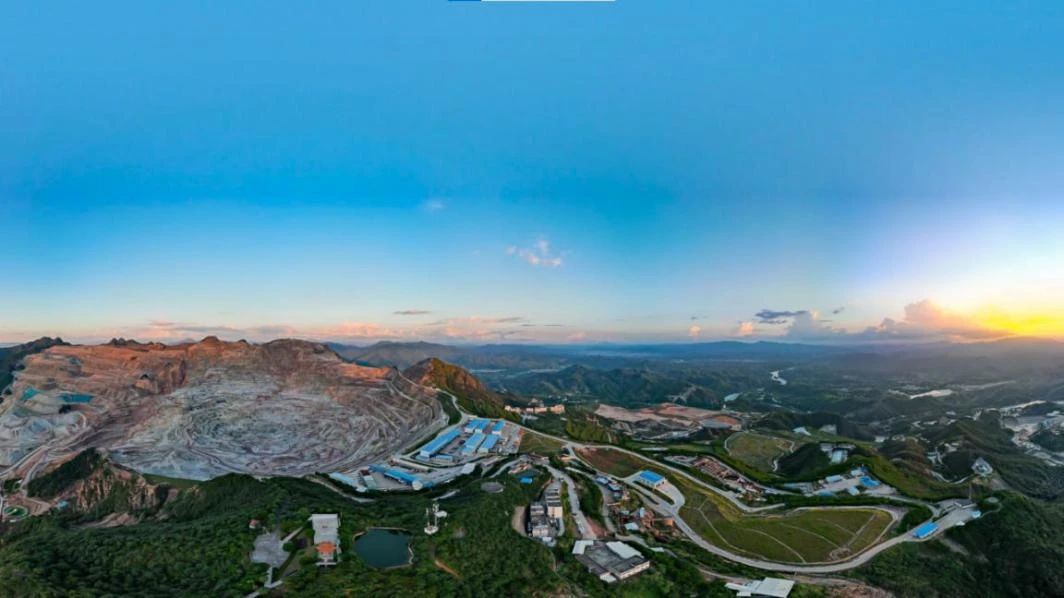
Dec 10, 2021
A cabinet minister said the government intended to ban exports of chromium concentrate from July 1 next year to push companies to invest in processing facilities.
Zimbabwe has the world's second largest reserves of high-grade chromium after South Africa, about 10 billion tons, or about 12 percent of the global total, according to the Ministry of Minerals and Mining Development.
Last August, the government issued a ban aimed at encouraging chromium miners to invest in processing facilities.
Mineral processing is expected to help Zimbabwe reach its $12 billion mining economy target by 2023.
"The government will ban the export of unprocessed chromium ore and chromium concentrate, while the export of chromium concentrate will be banned from 1 July 2022," revealed Professor Mthuli Ncube, Minister of Finance and Economic Development.
"Going forward, the award of chromium mining claims will depend on potential mining companies establishing integrated chromium mining and ferrochrome smelting."
Minister Ncube said that in order to achieve maximum value of the country's minerals, the government would also target beneficiation by setting up gold processing and milling service centres and promote the establishment of more diamond cutting and polishing plants.
他补充说,政府也支持the private sector in setting up base metal refineries (BMR), while granting coal licences to mining companies would now depend on setting up coke oven batteries.
The Government has also set aside resources for the recruitment and capacity of mining extension personnel to enable them to monitor and support mining activities at provincial and district levels to increase production and productivity.
On the legislative front, the Government is prioritising the completion of the revision of the Minerals and Minerals Law to bring it into line with international best practice.
The draft amendments have been completed and are now under parliamentary consideration.
In order to improve access to international markets, increase productivity, enhance liquidity and better price our mineral resources, the Government is considering the establishment of a Mineral Commodities exchange based on the existing Zimbabwe Commodity Exchange.
"The exchange will provide a spot market and a futures market, which enables minerals to be traded in an organized, transparent and regulated market for the benefit of all miners, including artisanal and small-scale miners, as well as the country as a whole," said Minister Nkube. Twenty-two smelters are now in operation.
The government says smelting operations could soon be challenged by a shortage of raw material for chromium unless capacity is expanded.
Growth in the mining sector is expected to reach 3.4 per cent this year due to improved performance of all minerals and favourable international mineral prices on the back of strong global demand and sustained economic recovery.